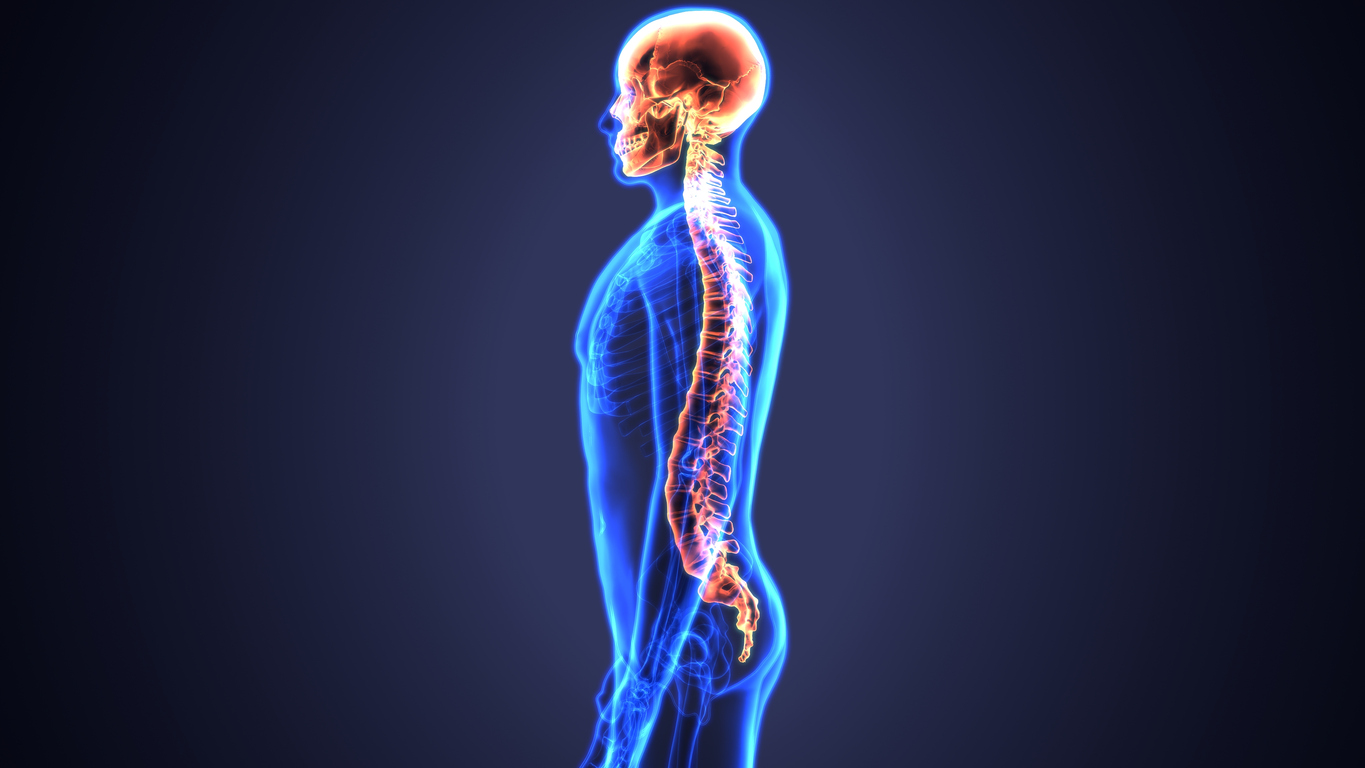Oct 04, 2019

What is intra-operative peripheral neuro monitoring and why is it used?
Intra-operative neurophysiological monitoring (IOM) is used to help reduce the number of postoperative neurological complications. This monitoring replaces the neurological examination while the patient is under anesthesia. Many neurological structures can be assessed by using this type of monitoring including spinal cord sensory pathways (SSEPs), motor pathways (MEPs), and spinal root function (electromyographic potentials). This will alert the surgeon of any impending injury and allow adjustment in the management of the patient in time to prevent permanent or serious damage.
There are several different types of neuromonitoring used during spinal fusion surgery:
- EMG—assesses the integrity of the cranial/spinal nerve roots and indirectly peripheral nerves
- SSEP—monitor the integrity of sensory pathways from peripheral nerves to the sensory cortex
- MEP—involve transcranial motor cortex stimulation to elicit a response from the muscles and assess the integrity of the motor pathways
When reading the operative note, look for terms such as SSEP, MEP, and EMG for spinal procedures. If this procedure is performed during spinal fusion surgery, ICD-10-PCS code 4A11X4G (monitoring of peripheral nervous electrical activity, intraoperative, external approach) would be reported.
Learn more about Spinal Fusion Coding by purchasing our Spinal Fusion Coding eBook.
Authored by Kim Boy, RHIT, CDIP, CCS, CCS-P
References
https://www.uptodate.com/contents/neuromonitoring-in-surgery-and-anesthesia
Coding Clinic for ICD-10-CM/PCS, Fourth Quarter 2017: Page 70
Coding Clinic, Second Quarter 2015: Page 14
Coding Clinic, First Quarter 2015: Page 26
The information contained in this coding advice is valid at the time of posting. Viewers are encouraged to research subsequent official guidance in the areas associated with the topic as they can change rapidly.
Subscribe to our Newsletter
Recent Blogs
Related blogs from Medical Coding Tips
CMS Hospital Compare is a public reporting pl...
Premier benchmarking is widely used by hospit...
PEPPER reports help U.S. hospitals identify o...
CMS has released the updates to the ICD-10-PC...
Subscribe
to our Newsletter
Weekly medical coding tips and coding education delivered directly to your inbox.




